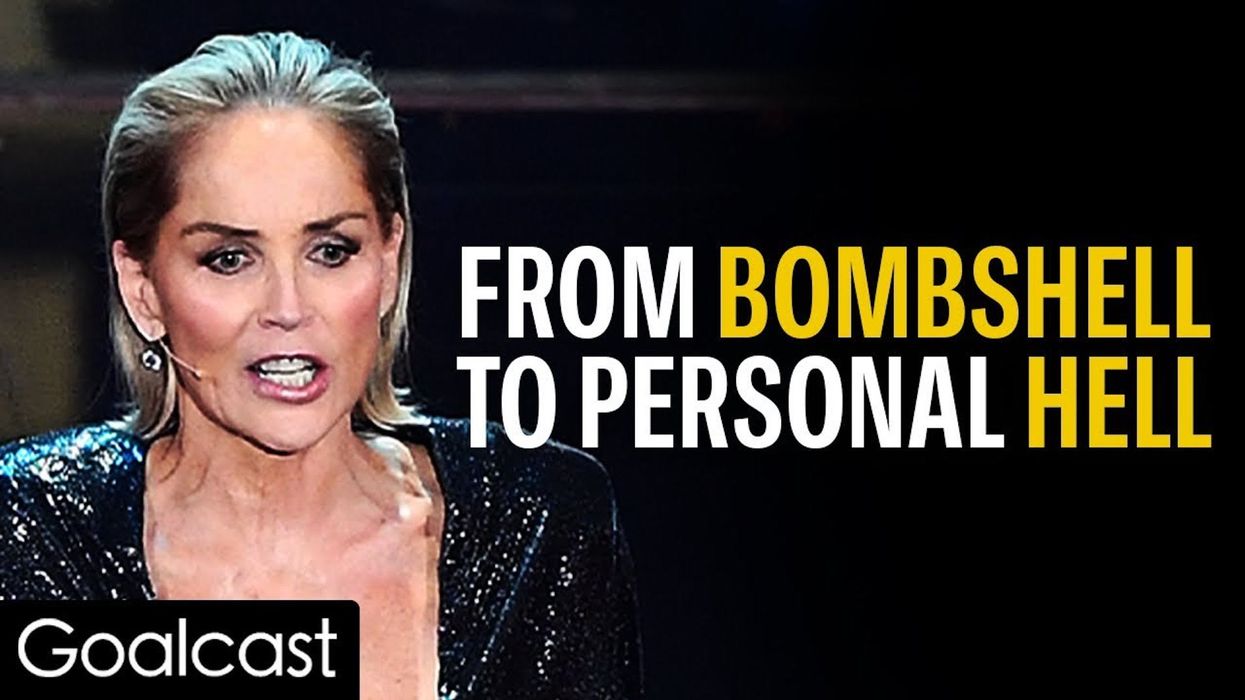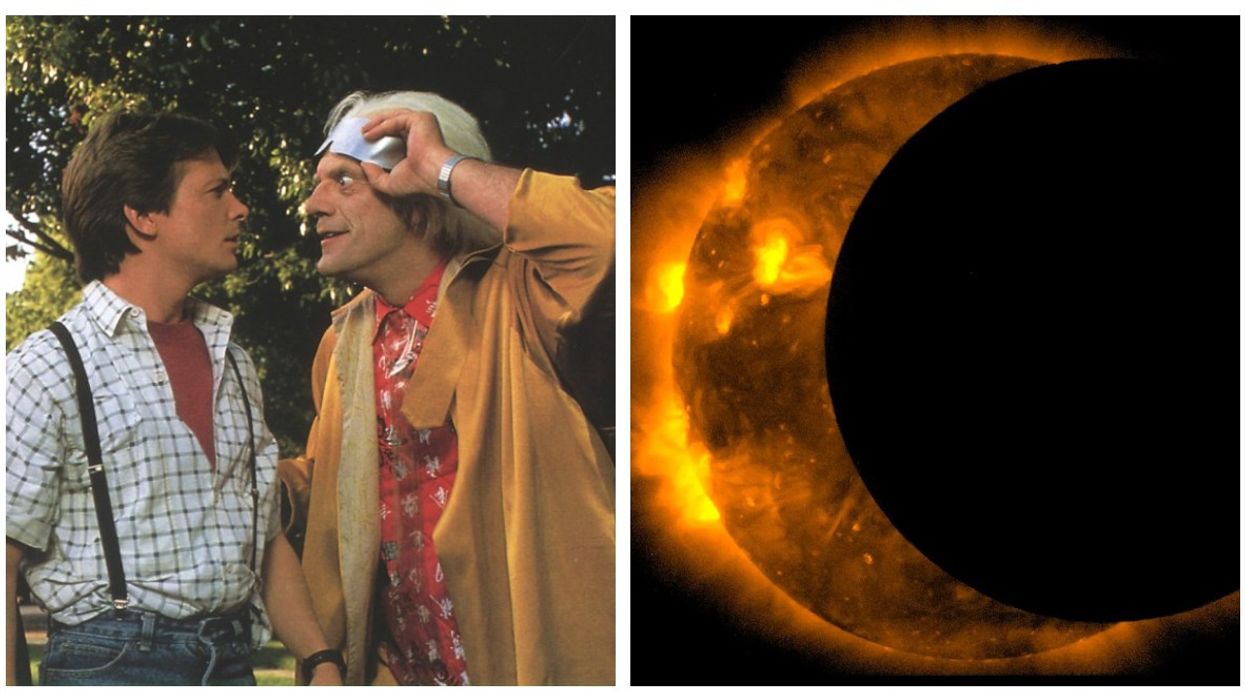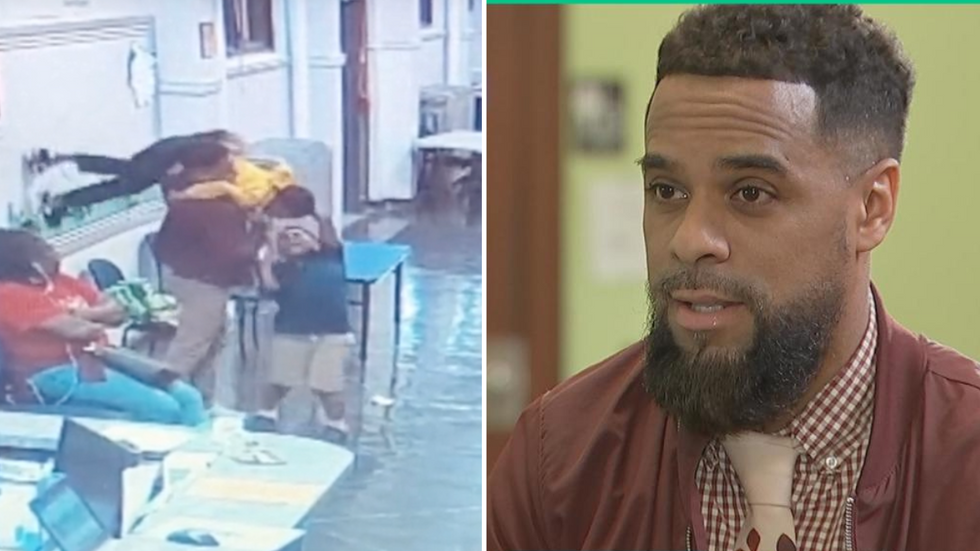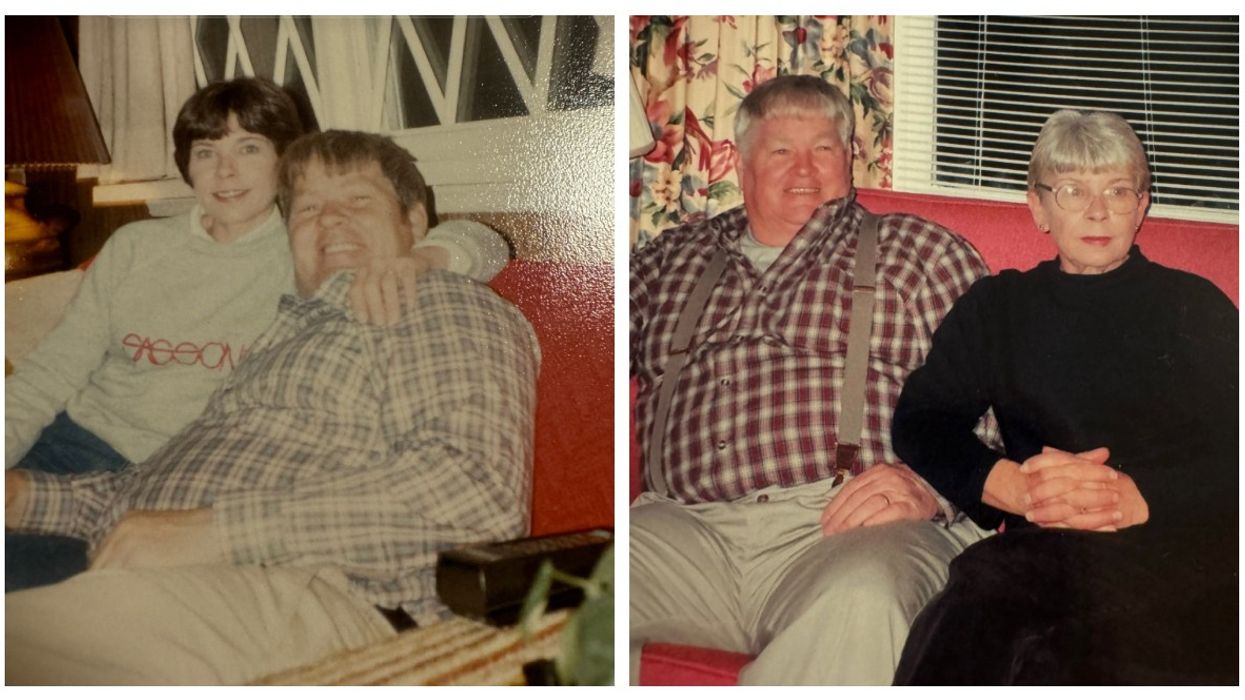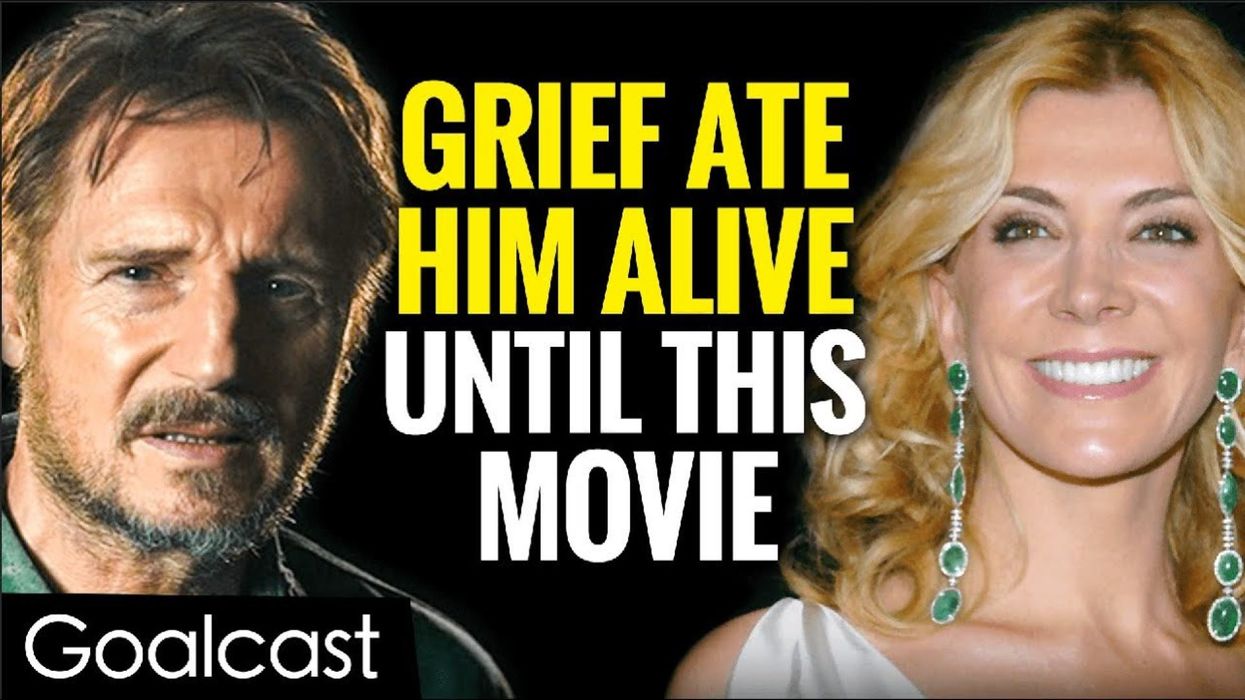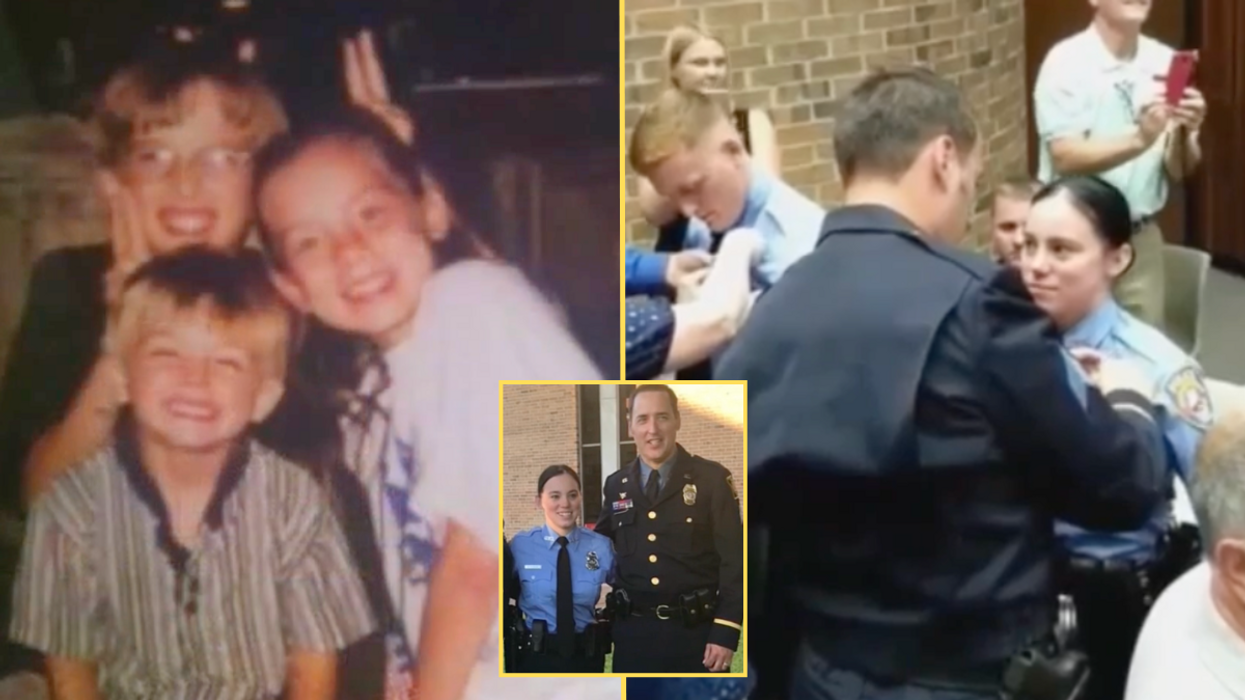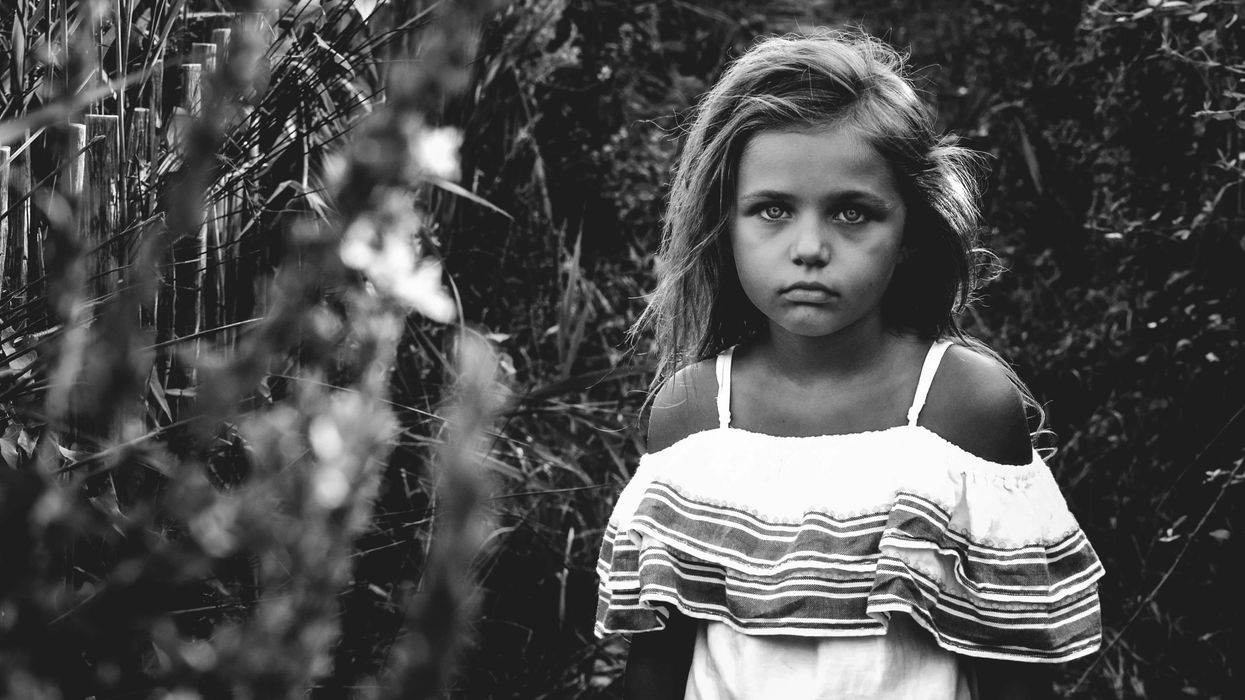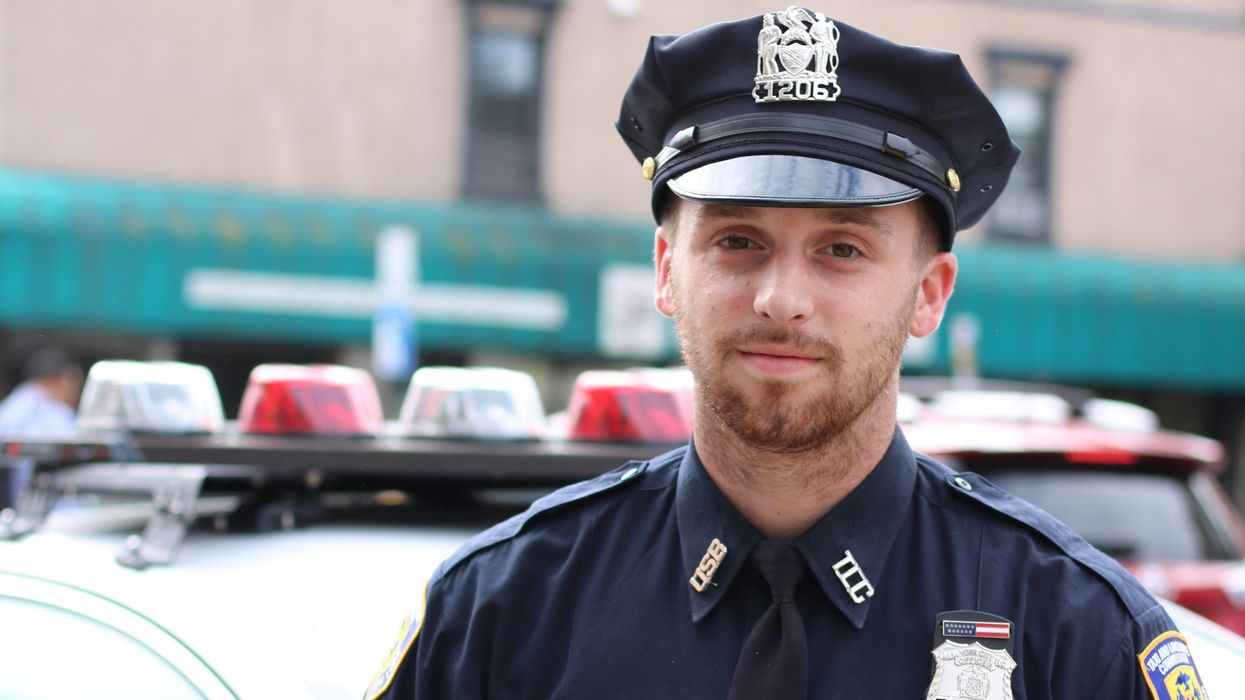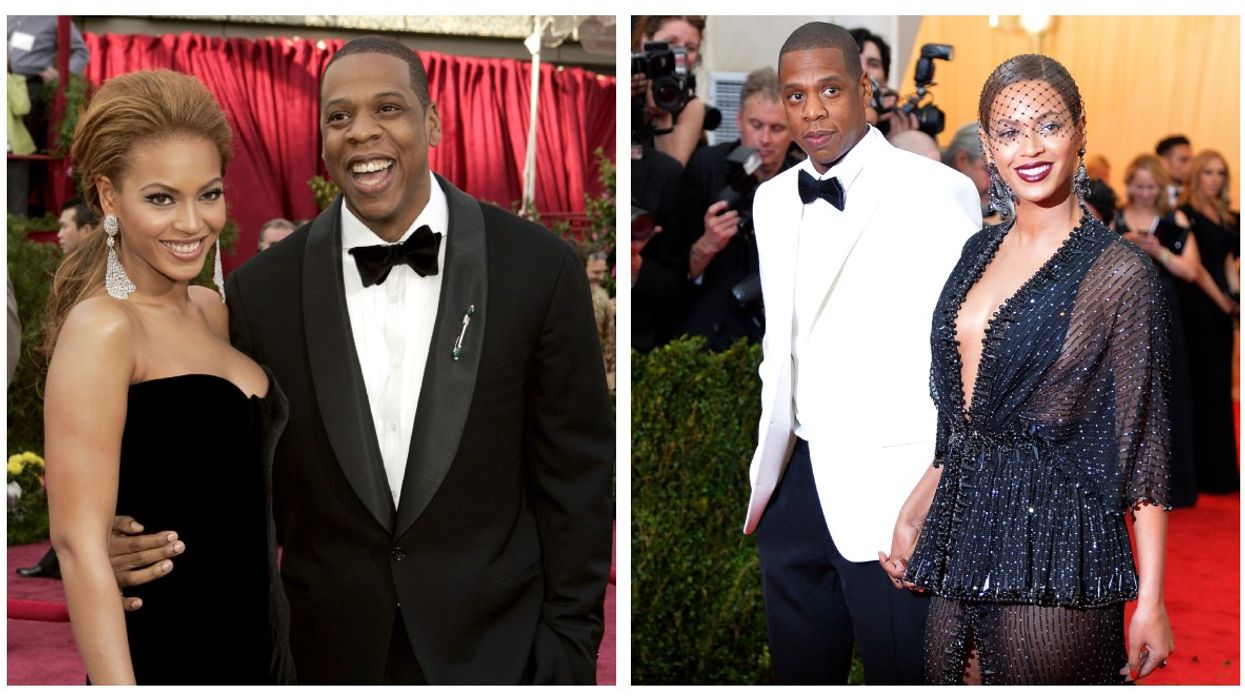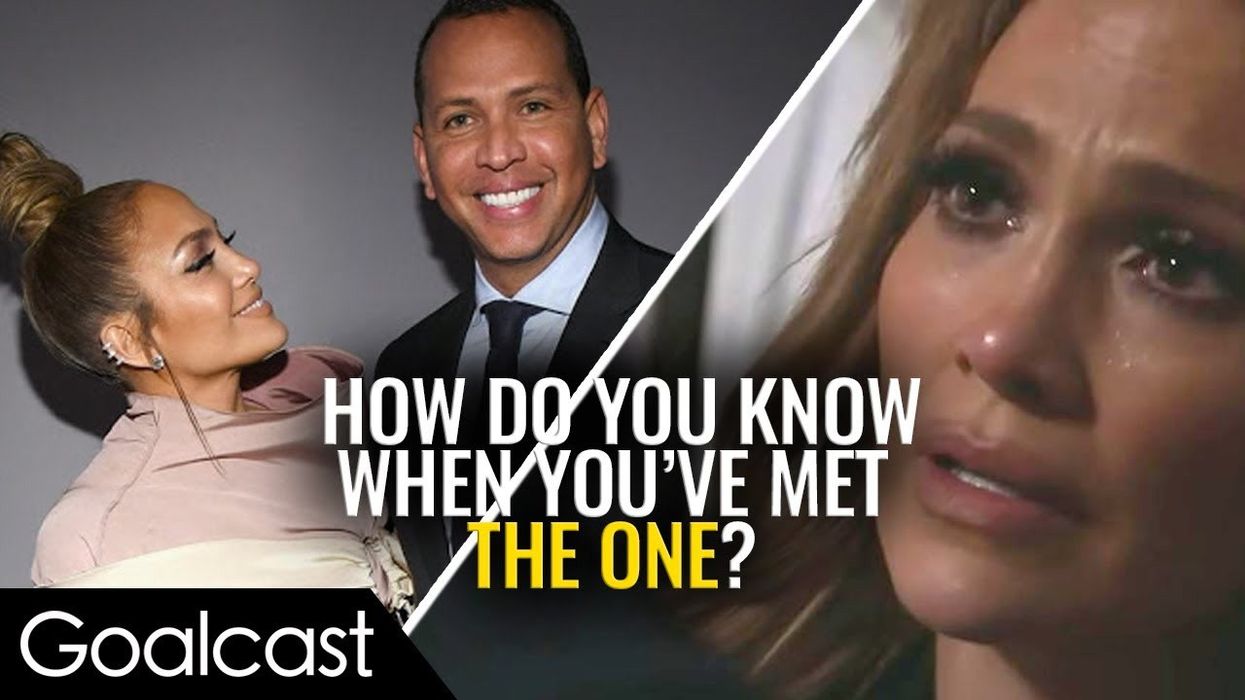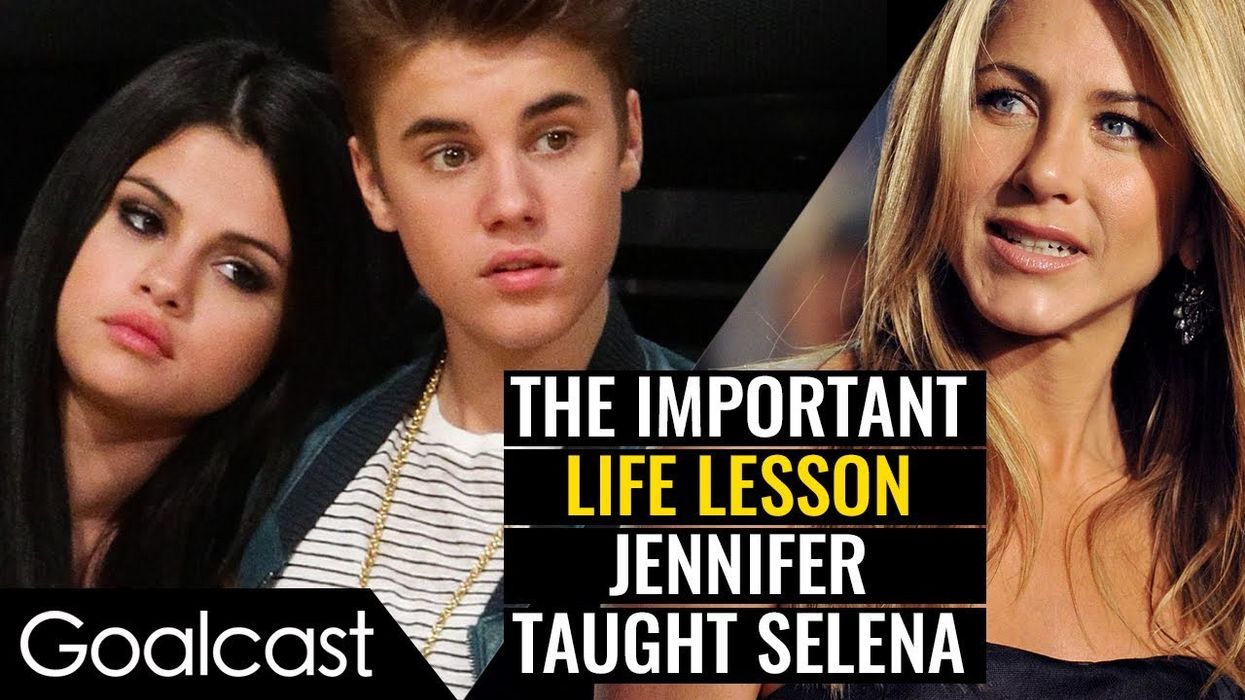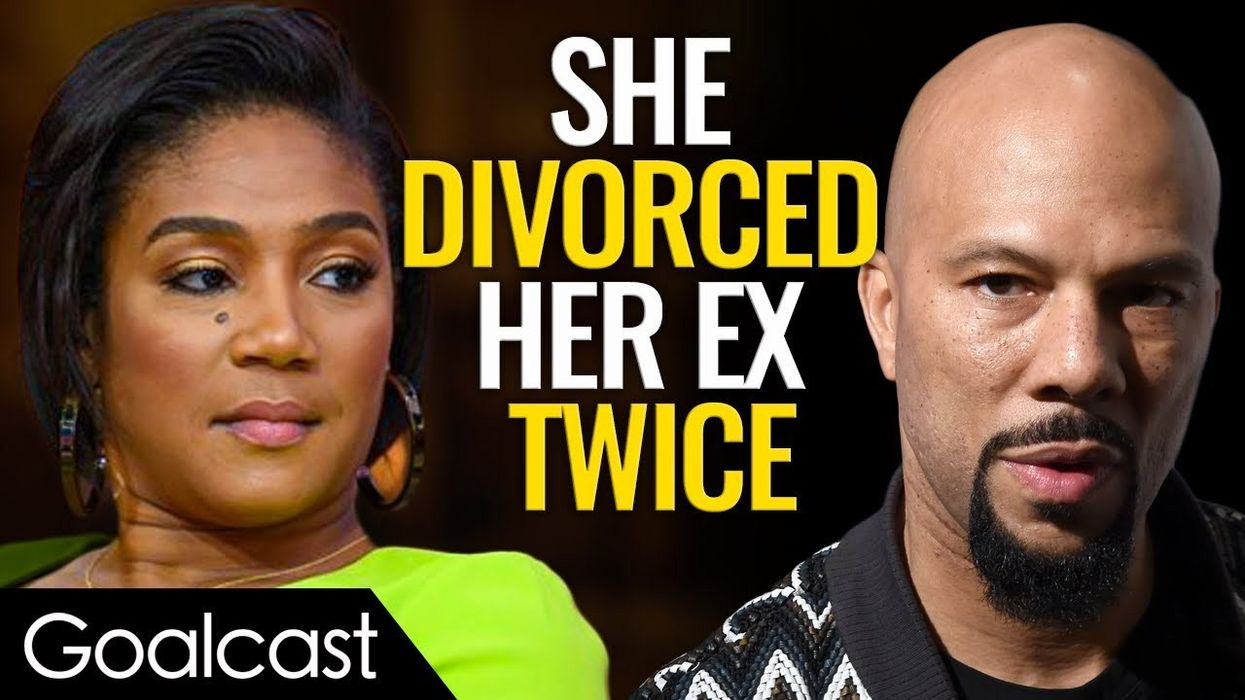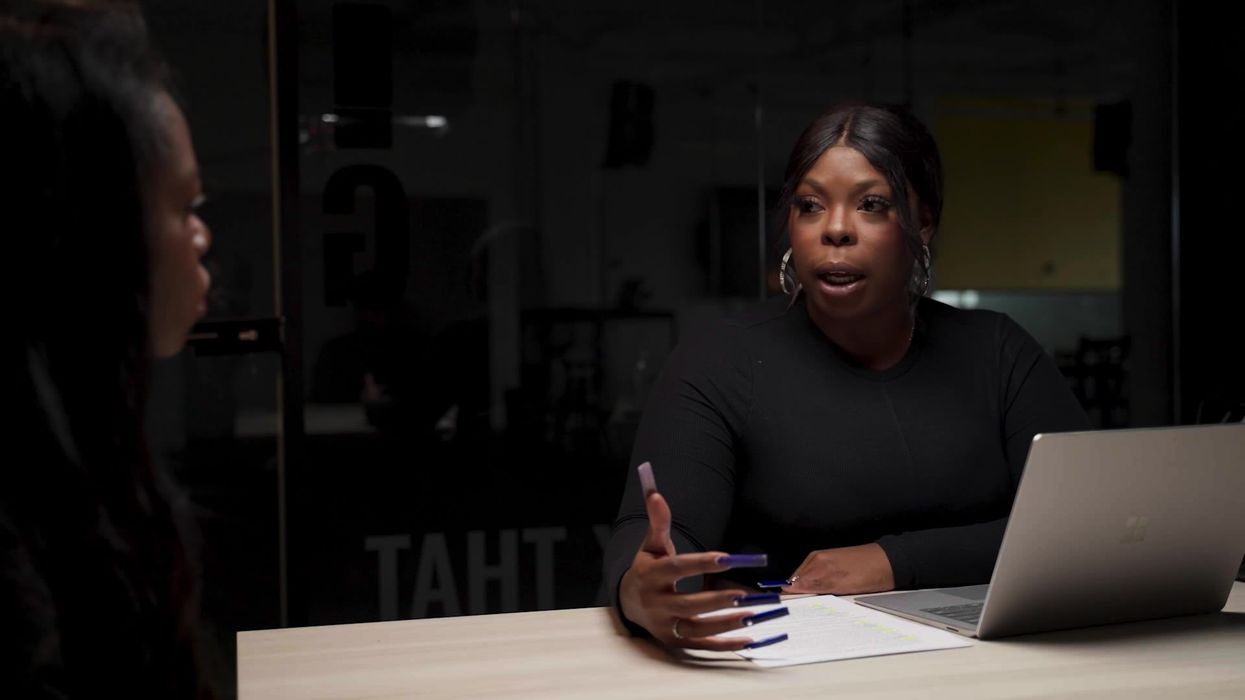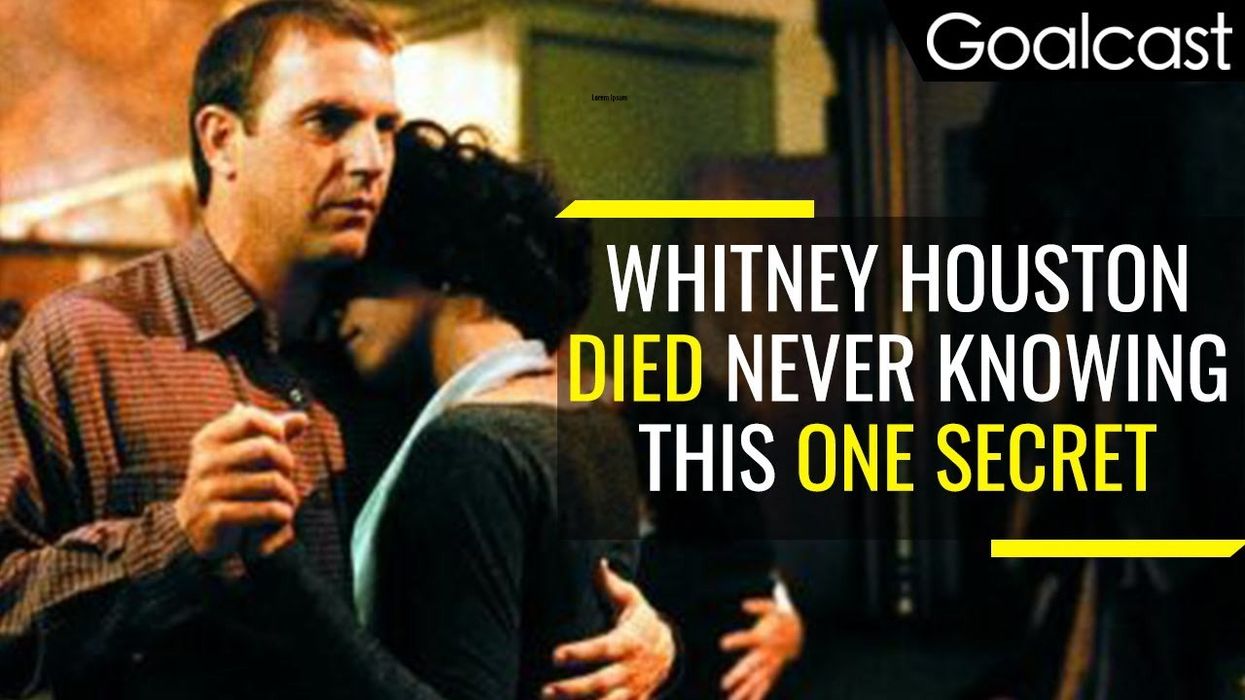5 Successful High-Achievers Open Up About Their Mental Health Struggles
When successful people come out and share their struggles with mental health issues, it can have a profound effect on those who look up to them.
It not only inspires those suffering in silence to speak up, but also encourages them to seek the kind of treatment they need and deserve. And it shows that no one is immune to mental illness.
In support of Mental Health Awareness Month, Tom Bilyeu, host of Impact Theory, recently sat down with some high-achieving guests such as Mel Robbins and gave them the opportunity to share their stories and inspire others in the process.
Sponsored content — thank you for supporting Goalcast in its quest to help you unlock your full potential.
We've rounded up the most impactful insights from the conversation below, and you can also watch the full video interview for more inspiration:
For powerful discussions and insights from brilliant minds, subscribe to Impact Theory's YouTube channel.
On breaking the stigma
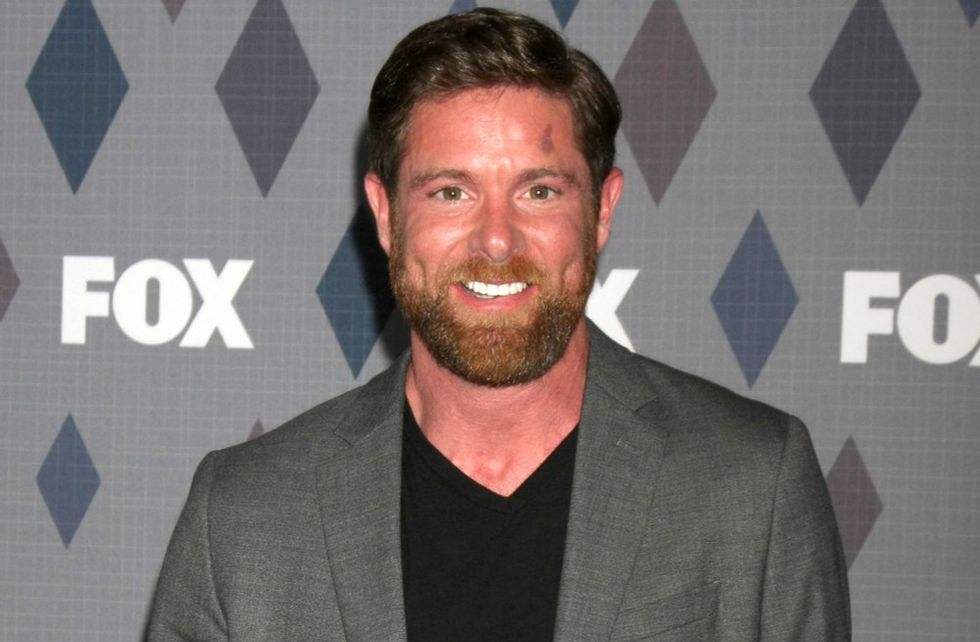
Noah Galloway is a former Dancing With The Stars finalist, an Iraq War veteran, and the author of Living with No Excuses: The Remarkable Rebirth of an American Soldier. Here’s what he had to say on the power of open communication:
“The more things [mental health issues] are talked about, the more comfortable we are and the more we can understand them. The more we talk about it, the easier it is for people to be honest with themselves and get the help they need.”
On overcoming obstacles
Bryan Johnson is the founder of BrainTree, an entrepreneur and adventurer. He spoke about his decade-long battle with depression following a series of developments in both his professional and personal life, and how climbing Mount Kilimanjaro changed his life:
“I would lay in bed and just want to die. I didn’t want to exist. I was trapped in existence and it was the worst feeling in the entire world because I had no out. Not only that, I had kids I felt responsible for, being a father.
I was building BrainTree, I had challenges at home with my significant other, I had kids that weren’t sleeping, I wasn’t sleeping myself, working 24/7, having companies break and all the pressure, it just drove me into the ground to the point where I was just delirious.”
He continued:
"The mountain (Kilimanjaro) was my depression, my marriage, it was my belief system. I went home and I was changed. I sold my company shortly after BrainTree, I got a divorce, I left my religion. I was back to my 21-year-old self and said 'Who am I? How do I rewrite myself from scratch?'”
On living with anxiety
Mel Robbins is a motivational speaker and the author of The 5 Second Rule: Transform your Life, Work, and Confidence with Everyday Courage.
“I struggled with anxiety I think my entire life, it became quite acute when I was in my late teens and early twenties and began medicating in law school, I took Zoloft for two decades.
When our first daughter was born, who’s now 17, the postpartum depression and the cascading panic was so terrible that not only was I medicated and couldn’t breastfeed, I couldn’t be left alone with her. So, when I say that you can cure yourself of anxiety, I don’t say that lightly.”
On learning to feel again
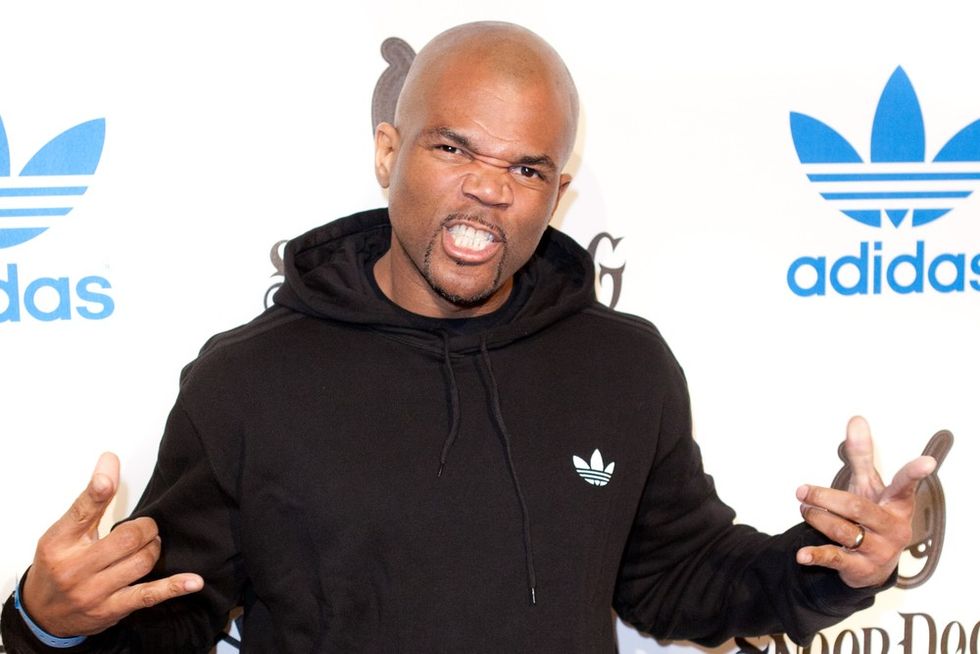
Darryl McDaniels is one of the founding members of Run D.M.C and the author of Ten Ways Not to Commit Suicide: A Memoir. He’s been very open about his personal struggles with depression, anxiety, OCD, and substance abuse:
“When I first started drinking, it’s because I thought that I needed help to be who I was trying to be with Run D.M.C. When I went through rehab, now that I’m sober, the things that made me feel good, I was able to see and feel again. People think they need stuff, I realize that all you need to do is feel good — about who you are. When you feel good, everything comes to you.”
On seeking treatment
Tucker Max is the author of Sloppy Seconds and I Hope They Serve Beer in Hell, and spoke about his experience with psychoanalysis treatment:
“I refused to accept that I was scared, lonely or sad. Intellectually I would, but emotionally I wouldn’t connect with that. The difference with me now and let’s say 10 years ago, in this realm, is that now the emotions don’t go away.
So, anyone who tells you they have a way for you to control your emotions, or get rid of your emotions, is either lying to themselves or lying to you and is trying to sell you something.”
He continued:
“Now I recognize the feeling, I accept that it’s there and I can not let it not overwhelm me or let it control me without understanding it.”












